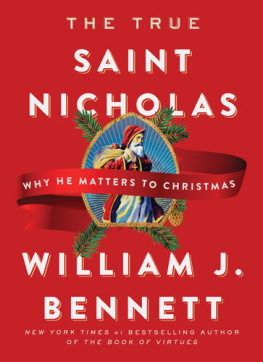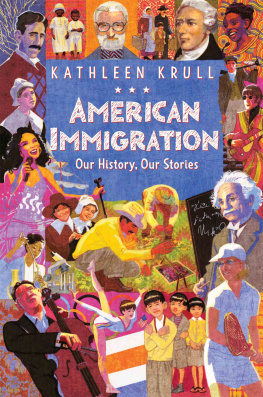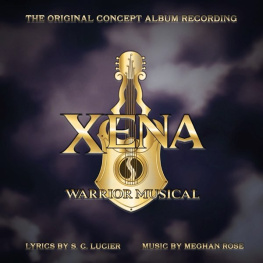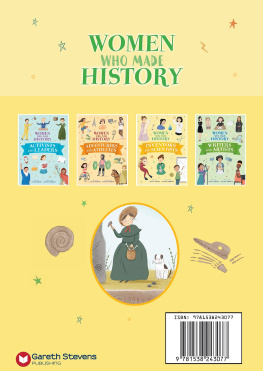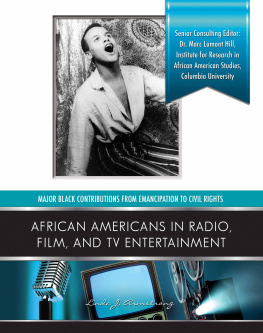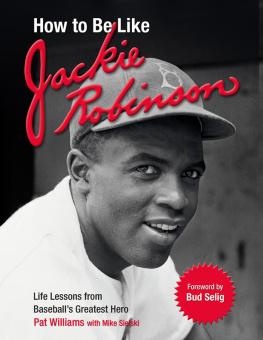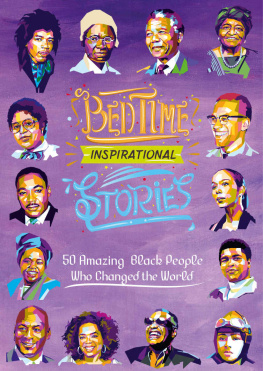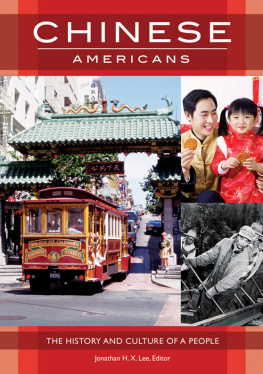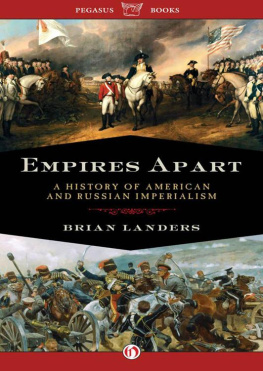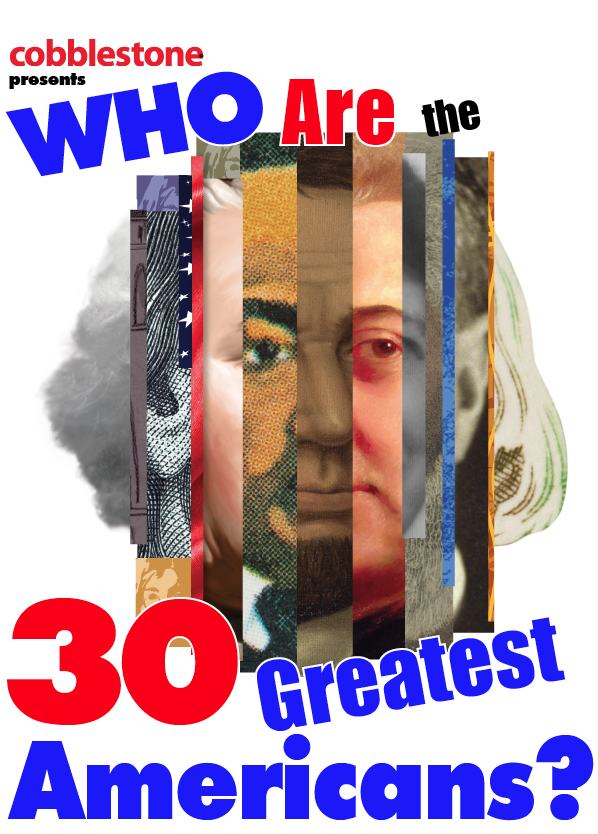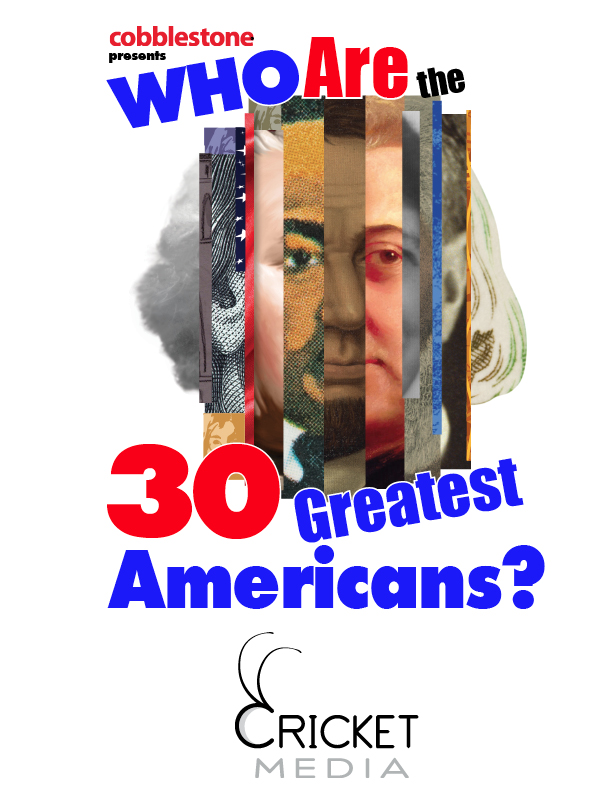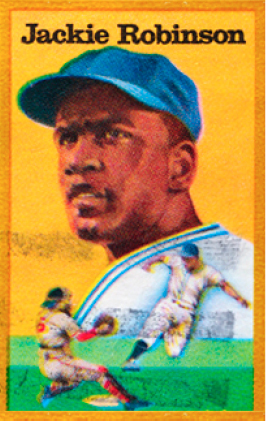Everybody needs heroes. Not necessarily the imaginary, caped heroes with superpowers who seem larger than life in the movies and on TV. Were talking about real heroesthose people who have, for many different reasons, left their mark on history and changed the world. American history is filled with these heroes. They include presidents, social workers, inventors, thinkers, artists, writers, and a slew of others. And we thought you should know about them.
For three decades, COBBLESTONE magazine has been introducing young people to these worthy heroes. To celebrate the 30th anniversary of the magazine, we decided it would be fun to select 30 Americans who stand apart from the rest. What we didnt anticipate is how difficult it was going to be to keep the list short.
To develop the list, we began by deciding how to define great. For our purposes, a great American is someone whose actions or words caused a dramatic shift in the course of American history or whose actions or words offeredand continues to offerremarkable inspiration on a national scale. And to further clarify, great does not mean perfect. All peopleeven some of our greatest heroes and role modelshave some aspects of their lives that have room for improvement.
We polled our readers, advisors, and fellow history experts to create an initial list. As we debated and argued, the list grew to more than 150 names. (The complete list of people considered appears at the end of this book.) After more serious and intense discussion, we narrowed the list down to 30. But some names refused to go away quietly. For example, suffragist and womens rights activist Alice Paul (on the list) had an equally important but less famous partner in her work (not on the list). So, in a few instances, we included information about additional great Americans who we think deserve an honorable mention.
So, in no particular order, we present our picks for the 30 Greatest Americans. Some may be very familiar to you, but we think youll find plenty of surprises, too. We dont claim the list to be definitive (although we think its pretty close). We do hope it inspires you to delve into the lives of these heroes and discover more about them. We also hope our selections will prompt discussions about people we might have overlooked. How do you define a hero?
Abraham Lincoln
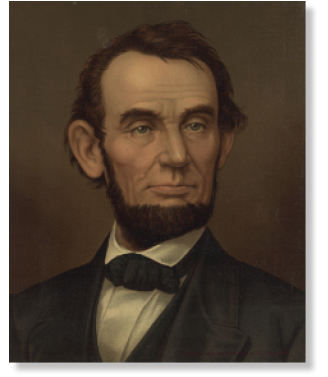
If all do not join now to save the good old ship of the Union this voyage nobody will have a chance to pilot her on another voyage.
from Abraham Lincolns speech at Cleveland, Ohio, February 15, 1861
Less than two months after Abraham Lincoln was inaugurated president in 1861, he faced one of the most difficult tasks ever experienced by a U.S. leadera civil war. No U.S. president before or after faced a graver crisis or emerged with a greater reputation.
Lincoln took his oath of office on March 4, 1861, assuring Southerners he had no quarrel with them. But they had a quarrel with him. Seven Southern states had already seceded and formed the Confederate States of America, presenting the most severe challenge to national authority in the countrys brief history. By mid-April, the first shots were fired in the American Civil War.
Lincoln called the struggle ahead a peoples contest. He was determined to preserve majority rule, warning that if democracy was defeated in America, it would surely never rise again anywhere in the world.
When, just a few weeks later, Union forces were crushed at the Battle of Bull Run at Manassas, Virginia, a despairing Lincoln realized that the struggle would be long, costly, and bloody. But he steadfastly rejected suggestions that he abandon the war and let the South leave the Union in peace.
It wasnt until September 1862, at the Battle of Antietam in Maryland that the Union forces finally triumphed. Lincoln seized on this victory to take a bold step. He issued the Emancipation Proclamation, which freed all slaves in the rebellious states. It would become one of the first steps in the long fight for African American civil rights.
Although emancipation did change history, it did not immediately change the course of the war. Many of the major battles ended as Confederate victories and Lincoln struggled to find a Union general who would stand and fighthe hired and fired them with shocking swiftness in the first years of the war. Meanwhile, antiwar Northerners demanded peace, and a military draft proved highly unpopular. Lincoln also faced a Cabinet that initially questioned his competence to be president and personal tragedy with the death of his son.
Through it all, Lincoln insisted that the Union had to be preserved. He turned political enemies into friends and used wisdom, humor, and patience to rise above the tremendous difficulties he faced.
He also inspired people with his speeches. In November 1863, Lincoln did with words what the army had been unable to do with bullets. In a two-minute speech at Gettysburg, Pennsylvania, he rallied the North to what he called a new birth of freedom for America. It remains the greatest presidential speech ever given.
Lincolns finest moment may have come at his second inauguration, on March 4, 1865, after he won reelection. In his address, he defended the sacrifice of lives that had been necessary to rid America of the evil of slavery and called for a new era of peace:
With malice toward none, with charity for all, with firmness in the right as God gives us to see the right, let us strive on to finish the work we are in; to bind up the nations wounds; to care for him who shall have borne the battle, and for his widow and his orphanto do all which may achieve and cherish a just and lasting peace, among ourselves, and with all nations.
When the war ended a month later, Lincoln began working on plans to reconstruct the devastated Union. As determined as he had been to fight to save the Union, he was just as committed to reuniting and rebuilding the war-torn country. But an embittered Confederate sympathizer, John Wilkes Booth, shot and killed Lincoln in April 1865. Lincoln died at the moment of his greatest triumph.
Photographs and paintings reveal the awful toll taken on Lincoln during the Civil War. He looked like he aged 20 years instead of four. He paid a high personal price, but his calm and resolute leadership saved the Union. We agree with the many historians who consider Abraham Lincoln the greatest U.S. president. He was the best man at a most critical time in American history.
And Lets Not Forget...
Robert E. Lee
At the start of the Civil War, Robert E. Lee faced the difficult decision of choosing between the country he had served for more than 30 years and his home state of Virginia. Lee chose Virginia and the South and led his army with such daring that it took four years for the better-supplied and superior-in-number Union army to end the war. Lee was greatly loved and respected by the men he led, but it is how Lee graciously handled defeat and set an example as a peaceful, retired Confederate leader that leaves the biggest impression.


